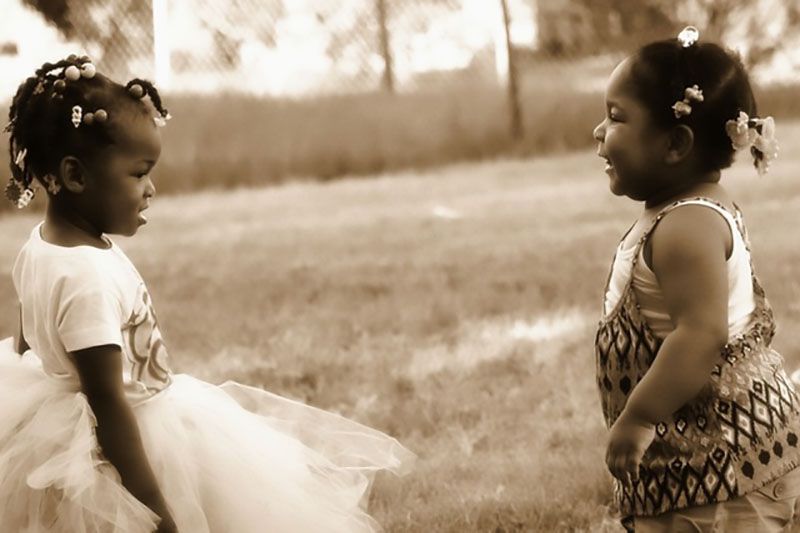
Therapy During Divorce
The tumult of emotions in a divorce can often lead to a confusion in priorities. The sad truth is, children get forgotten or used in the divorce situation. While the parents bicker over custody and property, kids get treated like a possession more than they do as miniature humans. Even during a fairly smooth divorce, children are still losing the life they knew and should be given the time and space to grieve that loss. Parents need to embrace the idea of therapy not only for themselves. Children in therapy can work through a host of emotions in a healthy manner and be better prepared for issues that might present themselves in the future: therapy can help kids handle trauma.
Licensed therapist Ashley Earnhart explained that trauma is anything that causes emotional distress and divorce definitely falls into that category for a good number of children: "Many variables and dynamics play a part in how stressful and traumatic the situation is and the extent to which long-lasting emotional scars may form. For the school-age child it can mean that a different parent now takes you to school, having to move to a different neighborhood, having to attend an after-school program instead of being picked up by a parent when school dismisses, having to share your time between two houses, and having to share your parents with new significant others. For adult children of divorce, they can question the authenticity of their whole childhood, be pained by reminders of happier times, and can be triangled into the parental relationship in the ‘friend’ role while their title of ‘child’ is neglected.”
A step towards healing and understanding is therapy. Earnhart explains, “Simply put, therapy is professional support in resolving emotional stress. For everyone involved, divorce involves unimaginably hard conversations, decisions, and adjustments. All families experiencing divorce can benefit from professional therapy. Individual emotional responses and the presence of additional traumas, such as affairs and domestic violence, and conflicts such as blending families, will determine the duration of therapy. Children often lose their sense of security when parents divorce. They also blame themselves often. Parents must learn to co-parent in a manner that will provide a continued sense of security for the child. The child needs to know that the parent unit is a team no matter what, or else anxiety can develop. Single parents can benefit from learning how to cope with the challenges of a child who doesn’t understand why they lost a parent. Family therapy without the child present can be beneficial in helping parents resolve conflicts that interfere with their ability to co-parent after a divorce.”
Don't miss the signs or be blind to the need for therapy. Family counseling, the support of a parent recognizing a child's need, pull a family closer and heal bonds. Evaluate where your children's emotions are as they go through this divorce with you and be the support they need.
